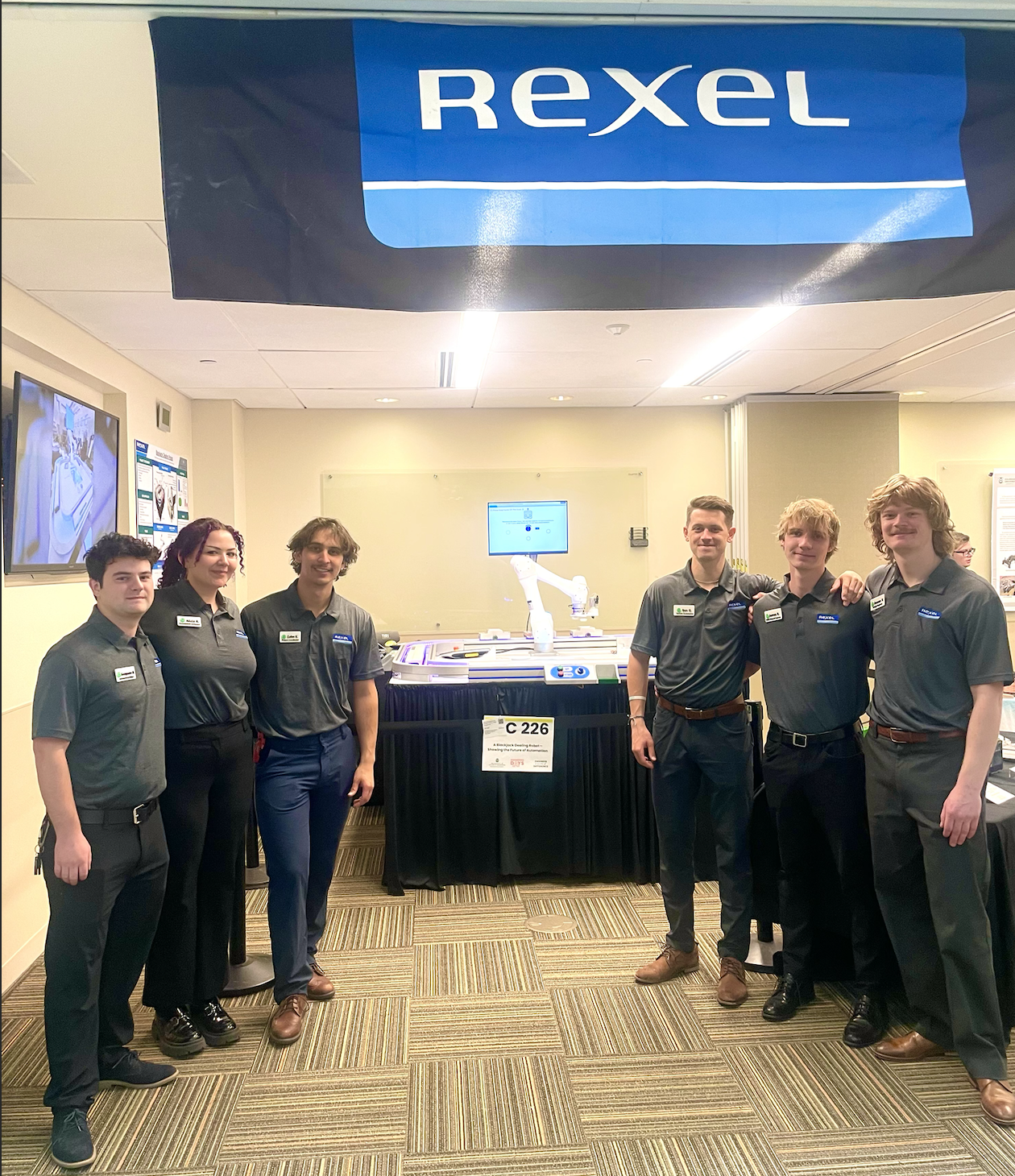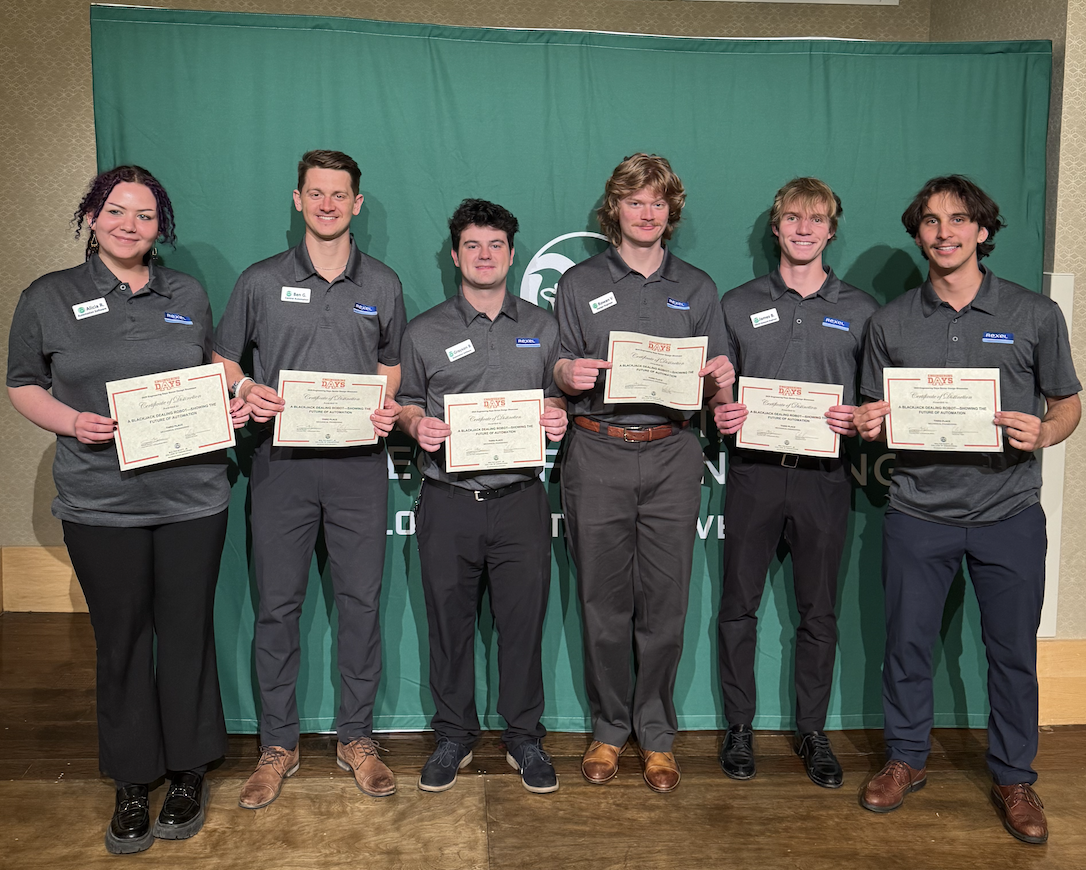What I Learned Makes a Successful Senior Design Project

Last week, our senior design engineering presentation happened. Every year, an event is held that showcases the brilliant work of the senior engineering students. We were fortunate enough to be recognized and place on the podium, placing us in the top 3 teams out of 20 total.

Though the podium placement was cool, this is not what we define as success. What we focused on calling success were inputs and efforts that we made to create the project. This was a large project with over 3000 collective hours put into it. Here are the most crucial lessons I learned from it, from a leadership perspective.
- Define success based off of inputs, not outputs. This is something I touched on already. We defined success based on "inputs" instead of "outputs" because you can always control inputs, but you cant always control the result of those inputs, which are outputs.
- INPUT EXAMPLES: Working hard, practicing presentations frequently, showing up consistently, being supportive of each other, being honest with each other, learning.
- OUTPUT EXAMPLES: How others view the project, what grade we got, how high we placed relative to other teams.
- Move fast and break stuff. Good work comes with iterating, not from perfect planning. Spend your time doing more, and thinking only as much as is necessary (which is usually less than we think).
- Meet frequently to get everybody on the same page. You want to make sure everybody has a constant understanding of the goal, priorities, and work that needs to be done.
- Meet as little as is needed. Though this sounds contradictory to my last point, it is actually complimentary. Meet as frequently as is necessary, and no more. Meeting too much can pull people from important tasks. Meeting too little can result in people doing work that isn't as easily integrated.
- When leading, get involved in the dirty work. Getting involved with work that your teammates are doing has 2 main benefits. It allows you to build rapport which is necessary for a strong team, and it exposes you to aspects of the dynamics and problems that you never would see otherwise.
- Praise frequently and authentically. To keep good morale, engage in positive praise, but only if its genuine.
- Have high standards, but realistic expectations. It's a necessary skillset to be able to gauge the potential output of a team, and set your sights high, then provide the resources necessary to achieve them. I found asking things like "what would it take to complete X in 6 hours, opposed to 6 days" often results in more efficient operating team.
- Make sure no one is doing work that is busy work. There were several attempts at making our team more effective through daily communication logs, journaling, and work logging. But what we found was that a lot of this documenting/data-tracking/work didn't actually add value to our operation.
- A question that I found helpful for evaluating if something is useful is: Does documenting this meaningfully affect how we will operate in a way that makes it more likely we achieve our goal?
- Find a mission statement that is easy to get behind. This was an unexpected lesson, but it was much easier to work hard and spend late nights doing something that I wanted to do, not something that I had to do.
- Ask and Persist. One of the most powerful lessons that I learned was the power of asking, and persisting.
- Example: Originally, our demonstration was supposed to be outside. On the day we were supposed to showcase it, it was set to snow. This is a problem, as we have nearly $100,000 of sensitive electronics on the table. I asked our coordinator if we could be moved inside. Initially, we were told no, as it would be unfair to the other 15 teams who would also want to be inside. I asked if I could state my case, which she listened to and told me maybe. After additionally persisting for a couple of days after, we eventually got our own room inside to show off the demo.
This experience has been ripe with lessons, and I hope that some of the lessons that I have absorbed can be of help to somebody.

